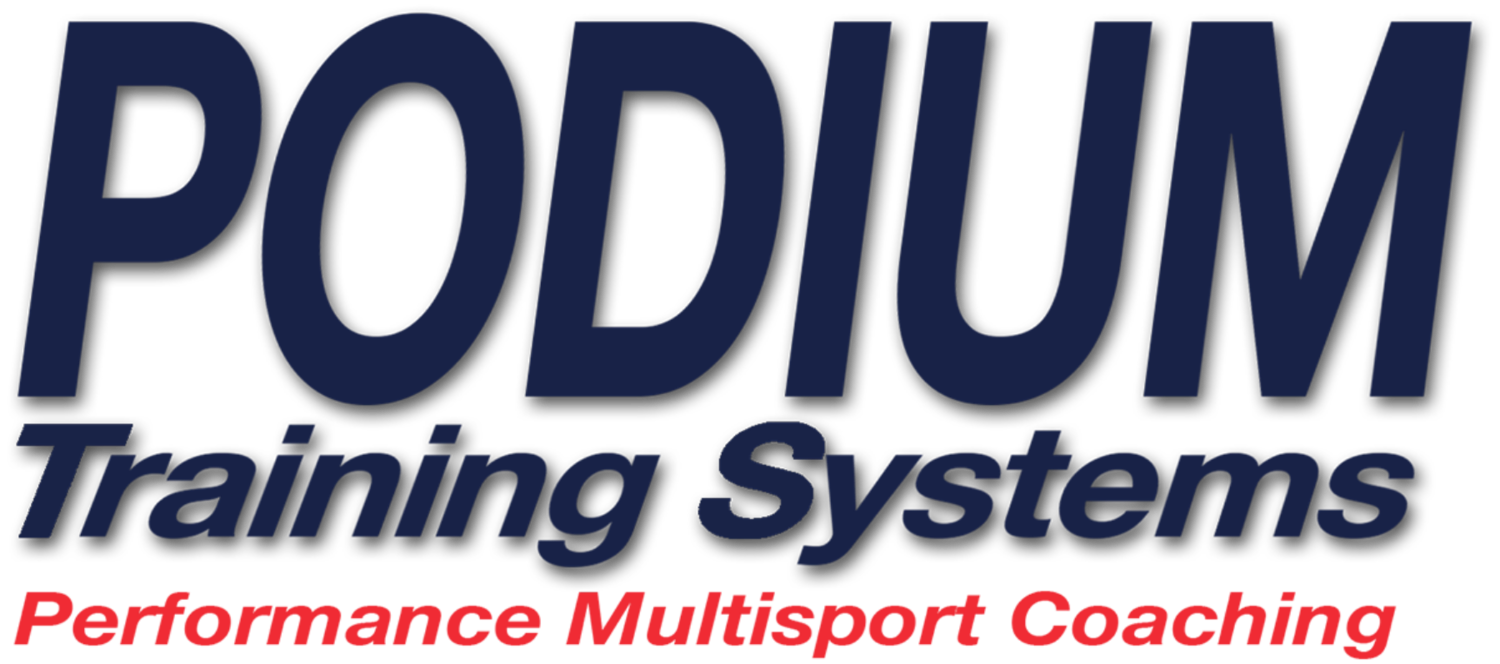Is it really Ironman vs USAT ?
I received an email from an athlete / coach that I know. They're USAT Level 1 certified, and they're currently going through the Ironman University offering. The individual in question was quite emphatic about how USAT failed them in their coach certification, and how the Ironman program was superior.
As our email chain went back and forth, I was told that the Ironman program was more in-depth. That the USAT program only allowed them to learn small portions of periodization. That there aren't enough people racing ITU for USAT to spend time focusing on it. Stating that the testing process for USAT certification was lacking.
Now, I'm not saying that USA Triathlon, or any other national governing body, is better than another in regards to coach certification and education. I'm also not saying that any one singular coaching clinic, once attended and the test passed, makes you a good coach.
That's right. Just going to a clinic, and passing the test, doesn't make you a good coach. It's what you do with that information moving forward that matters. It's how you continue your education that makes a difference. It's seeking out information and working with other coaches with more experience to help you grow professionally.
I'm a coach instructor for US Masters Swimming. I've had USAT level 1 coaches come up after a clinic and state how the session on writing workouts for differing energy systems was really helpful - that it wasn't covered enough in their Level 1 coaching clinic. That might be true, but the truth is you can't cover everything in granular detail in any one coaching clinic. I've had another individual tell me that the Masters coaching clinic was too easy and didn't cover everything in enough detail. Again, what are you doing with the information you learned? Are you taking the details of writing a workout for the anaerobic system and applying it to your athletes? Are you expanding upon the base premise of how those workouts are created, and making your own? Or better yet, are you taking that base level of information and seeking out more data to help you grow your knowledge base?
I've been a professional coach for 6 years. Do I know everything I need to know because I'm USA Triathlon, USA Cycling, USA Swimming / ASCA, and US Masters certified? Not even close. I am constantly learning. It never stops. Heck, most NGB's require that you continue to learn, and enhance your coaching education, to maintain your certification.
It's not all about what you learn in a clinic. It's what you do with the information that you learn.

